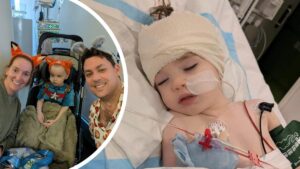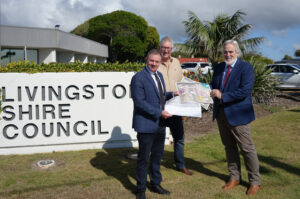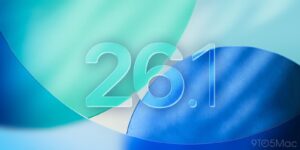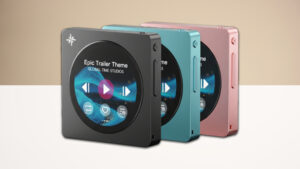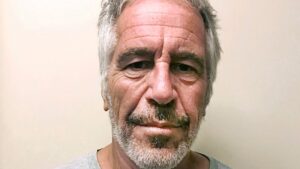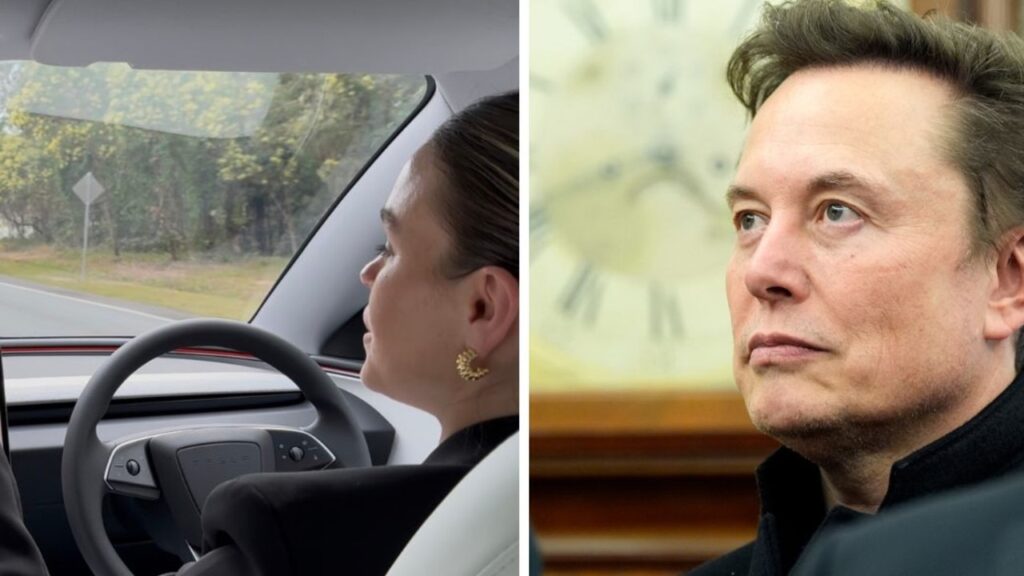
Frustrated Tesla owners in Australia are expressing their anger over the ongoing delays in the rollout of the company’s Full Self-Driving (FSD) technology. Customers who invested thousands of dollars in this advanced feature are still waiting for clarity on its availability, leaving many feeling sidelined and disappointed.
Long-time Tesla owner Adam M recently took to social media to voice his concerns after purchasing the FSD package twice, first in March 2019 and again in December 2021. He described his experience as disheartening, expressing a sense of frustration due to the lack of communication from Tesla regarding the timeline for the feature’s launch in Australia.
“For over six years, I have awaited the promised functionality,” Adam M tweeted. “The absence of a clear timeline for Tesla owners leaves me and countless others frustrated and sidelined.” This sentiment reflects a growing discontent among Tesla enthusiasts who had anticipated cutting-edge technology that has yet to materialize.
The FSD package adds approximately $10,000 to the price of a Tesla vehicle and was promoted as a gateway to a future where cars drive themselves. In Australia, however, regulatory hurdles have limited customers to features such as lane-changing assistance and enhanced cruise control. While a $5,000 fee allows access to self-parking features, the more advanced FSD Supervised option remains unapproved for general use.
Despite Tesla teasing that the FSD software may be available by the end of October 2023, no official confirmation has been provided. Meanwhile, select Australian influencers and motoring journalists have had the opportunity to test the FSD Supervised features, creating a stark contrast with the average Tesla driver who remains without access.
In contrast to the situation in Australia, Tesla owners in the United States and China currently enjoy access to FSD Supervised, which can navigate through city streets and complex environments. This discrepancy has only intensified frustrations among Australian customers, who feel overlooked in the rollout process.
Compounding the issue, public sentiment towards self-driving technology in Australia appears cautious. According to a recent self-driving trust index released by iSelect, only 35 percent of Australians feel positively about the prospect of driverless cars operating in their areas. Furthermore, 44 percent expressed discomfort with the idea, and nearly one in five stated they would never trust autonomous vehicles on the road.
Concerns about safety are prevalent, with only 23 percent of Australians believing that autonomous vehicles will reduce road accidents. Conversely, 28 percent fear that these technologies could potentially increase the likelihood of crashes.
As Tesla continues to navigate the complexities of regulatory approvals and customer expectations in Australia, the company’s commitment to transparency and communication will be critical in retaining loyalty among its most dedicated supporters. The call for clarity is not just about technology; it reflects a deeper need for trust and reliability from a company that has positioned itself at the forefront of automotive innovation.
